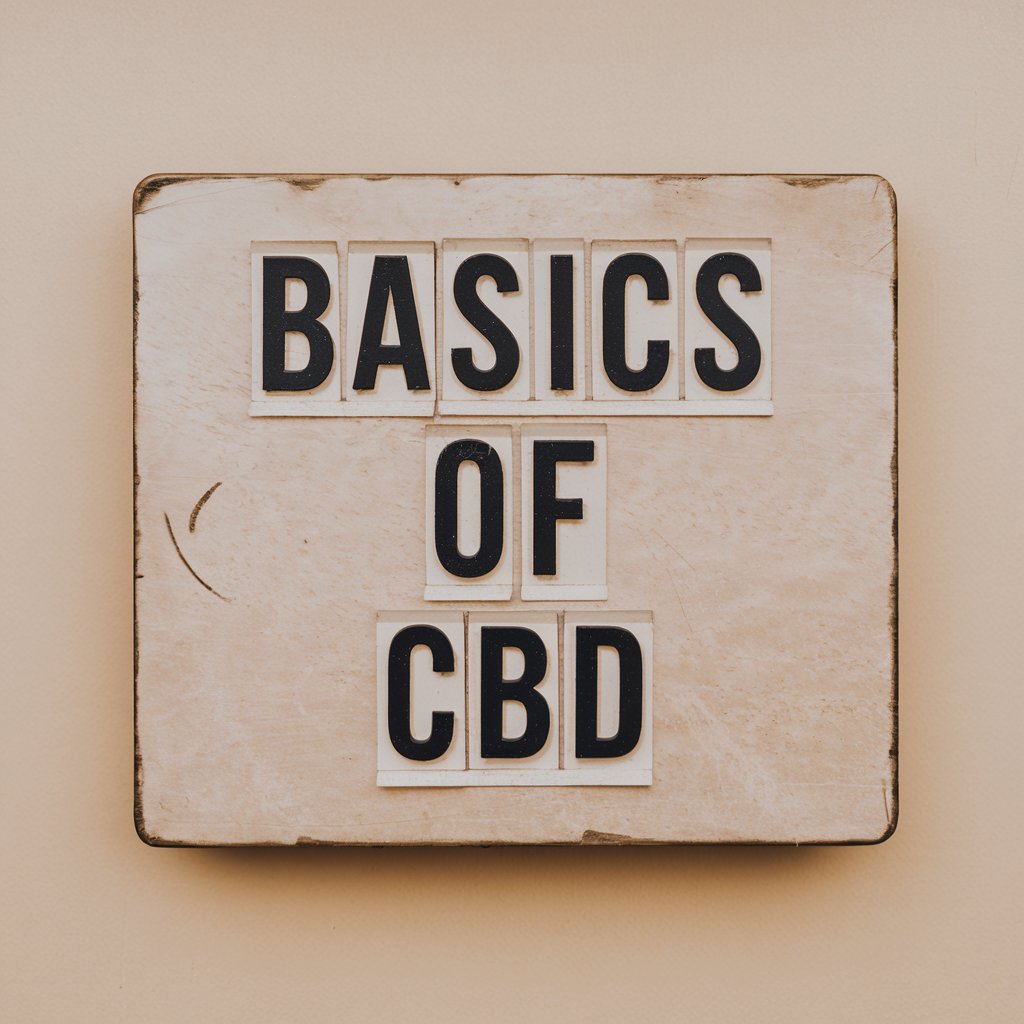CBD has quickly gained popularity in the wellness community. Sourced from the cannabis plant, CBD stands out because it doesn’t produce the “high” that’s commonly associated with its cousin, THC (tetrahydrocannabinol). This makes CBD appealing to a wider audience, including those who are hesitant about using cannabis products. This guide will explain what CBD is, its uses, benefits, and the legal aspects surrounding it.
What is CBD?
CBD is one of over 100 cannabinoids in the cannabis plant. What makes it special is that it interacts with the endocannabinoid system (ECS) in the body, which has a crucial role in regulating functions, including mood, sleep, appetite, and pain. Unlike the more commonly known high-producing THC, CBD doesn’t directly bind to the brain’s cannabinoid receptors, which is why it doesn’t produce the same reaction.
Sources of CBD
You can extract CBD from both marijuana and hemp plants. The main difference lies in the THC content. Hemp-derived CBD normally contains less than 0.3% THC, which is within legal limits in many areas, while marijuana-derived CBD may have higher THC levels.
CBD Forms
CBD is available in a variety of forms to suit different preferences and needs:
- Oils and Tinctures: Liquid extracts taken sublingually (under the tongue) for quick absorption.
- Edibles: CBD-infused food products like gummies and chocolates.
- Capsules and Pills: Pre-measured doses in pill form, offering convenience and consistency.
- Topicals: Creams, balms, and lotions applied directly to the skin for targeted relief.
- Vapes: Inhalable products that provide rapid effects.
Benefits of CBD
While research is still in progress, CBD is associated with several potential health benefits:
- Pain Relief: Taking CBD in various ways may help to manage chronic pain as it will interact with the ECS and reduce inflammation. You can find the right CBD for your needs at The London Dispensary.
- Anxiety and Depression: Some studies suggest that CBD can help to alleviate overwhelming anxiety and depression symptoms by influencing serotonin levels in the brain.
- Epilepsy and Seizures: Epidiolex, a CBD-based medication, is FDA-approved for treating certain types of epilepsy.
- Sleep Disorders: CBD may improve sleep quality for people with insomnia or other sleep issues.
- Anti-inflammatory Properties: CBD’s anti-inflammatory effects could benefit conditions like arthritis and multiple sclerosis.
Legal Landscape
The legality of CBD varies globally. In the United States, the 2018 Farm Bill made hemp-derived CBD legal, provided it contains less than 0.3% THC. However, state laws differ, and some states have stricter regulations. In other countries, CBD legality ranges from fully legal to heavily restricted or illegal, so it’s essential to be aware of local laws before purchasing or using CBD products.
Potential Side Effects and Considerations
Although CBD is generally well tolerated, some people may experience a range of side effects such as dry mouth, diarrhea, reduced appetite, drowsiness, and fatigue. CBD can also interact with some medications, so it’s recommended that you consult with a healthcare provider before starting any CBD regimen, especially if you have underlying health conditions or are taking other medications.
Conclusion
CBD has emerged as a promising natural remedy for a variety of health issues, offering potential benefits without the psychoactive effects associated with THC. As research continues to uncover more about its effects and therapeutic potential, CBD is likely to become an even more integral part of the wellness landscape. Understanding the basics, including its forms, benefits, legal considerations, and potential side effects, is crucial for making informed decisions about incorporating CBD into your health routine.






